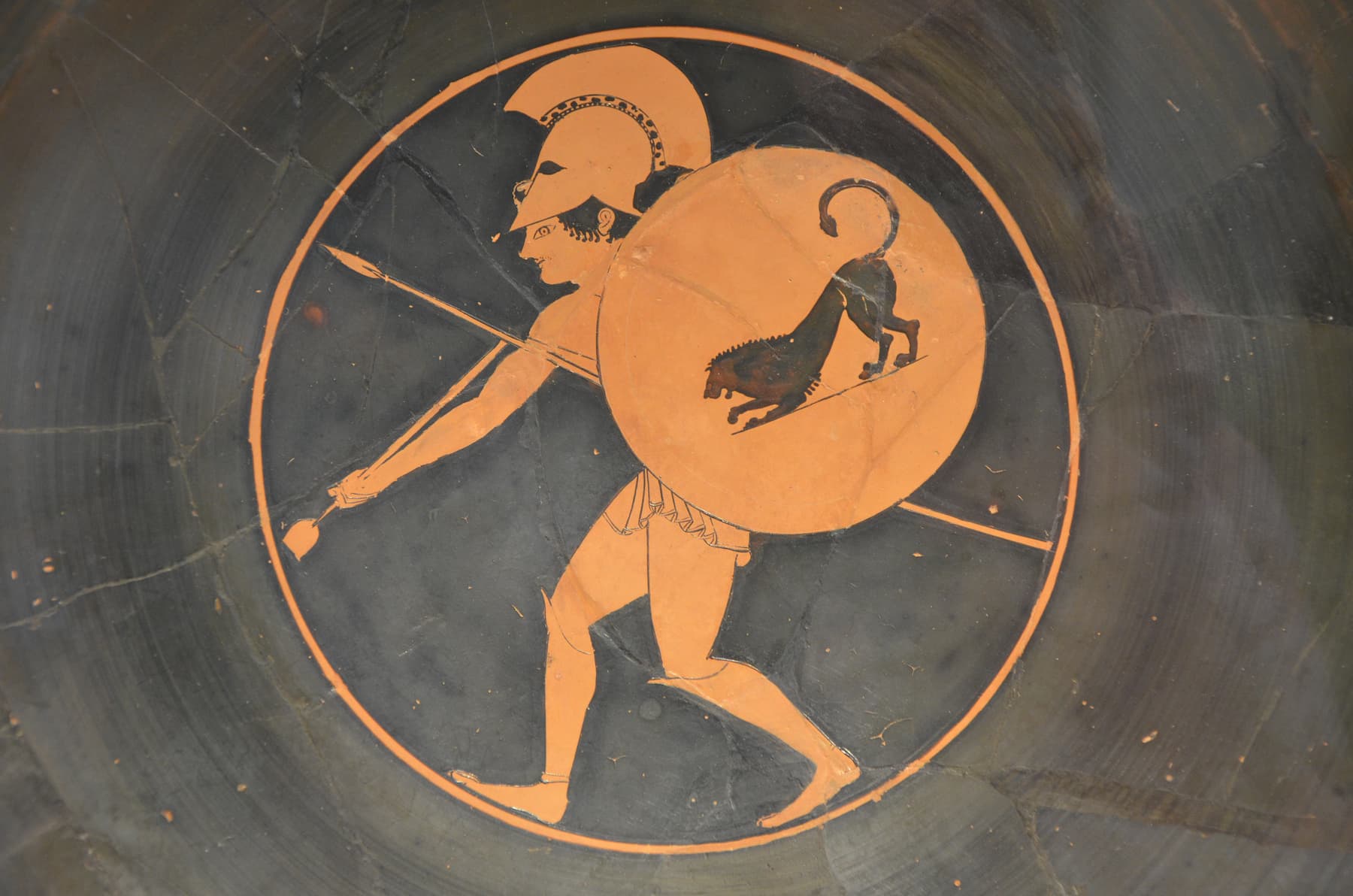Patroclus: A Greek Warrior in the Trojan War
Son of Menoetius, Patroclus is sent by his father to Phthia, where he becomes the companion of Achilles.

Son of Menoetius, Patroclus is sent by his father to Phthia, where he becomes the companion of Achilles.

